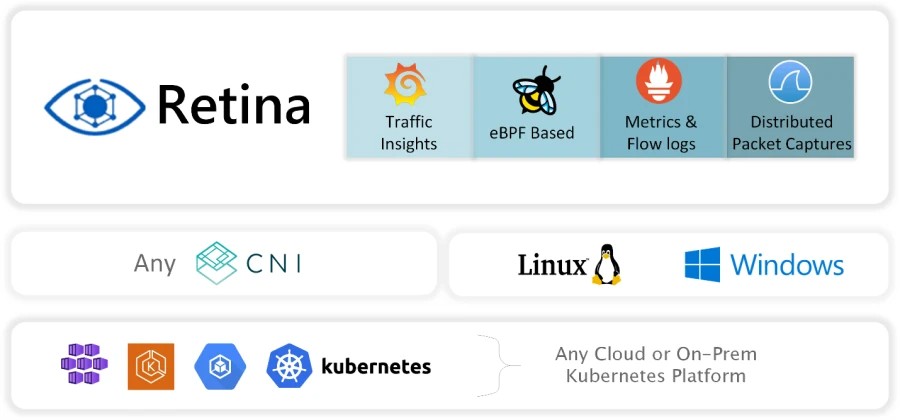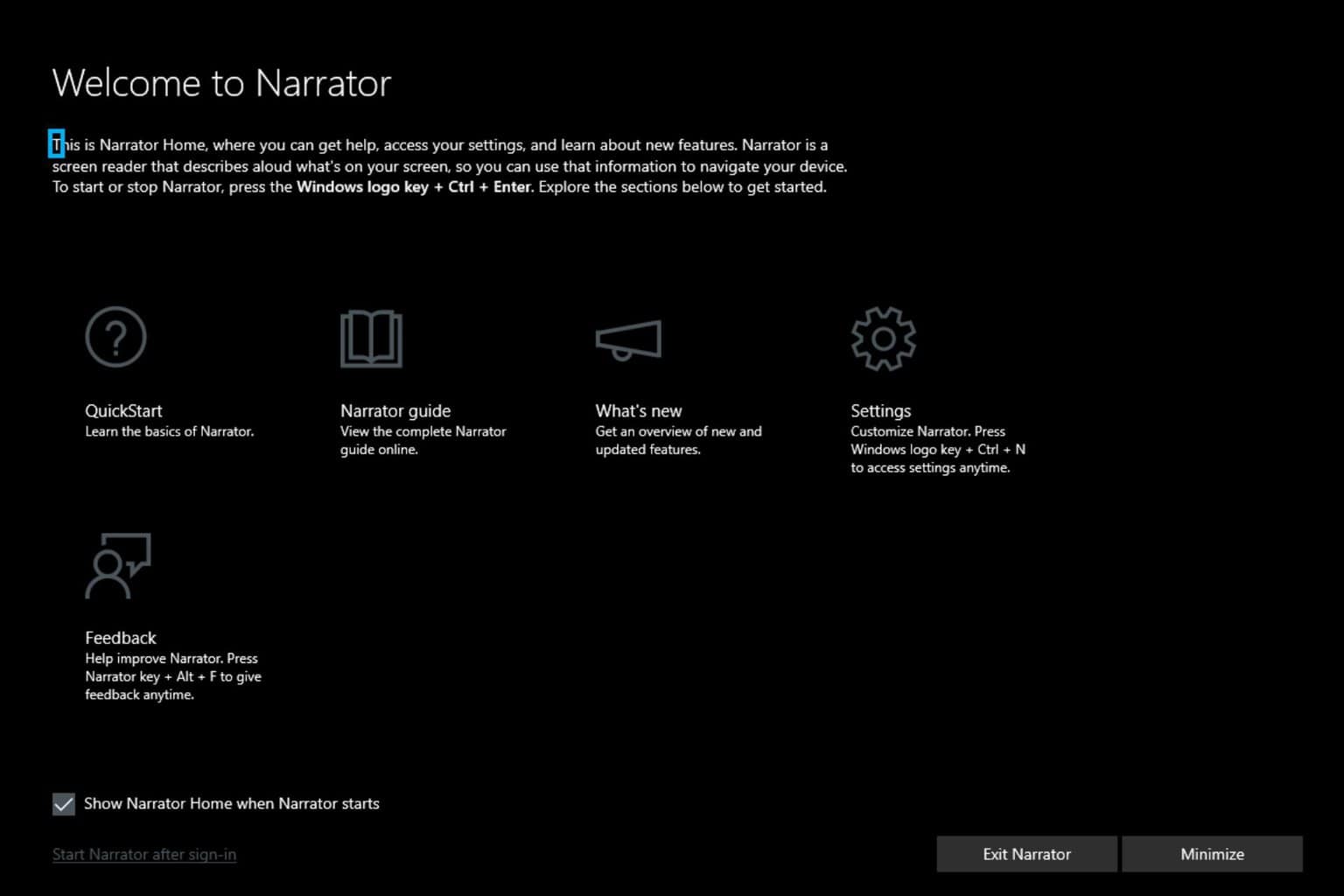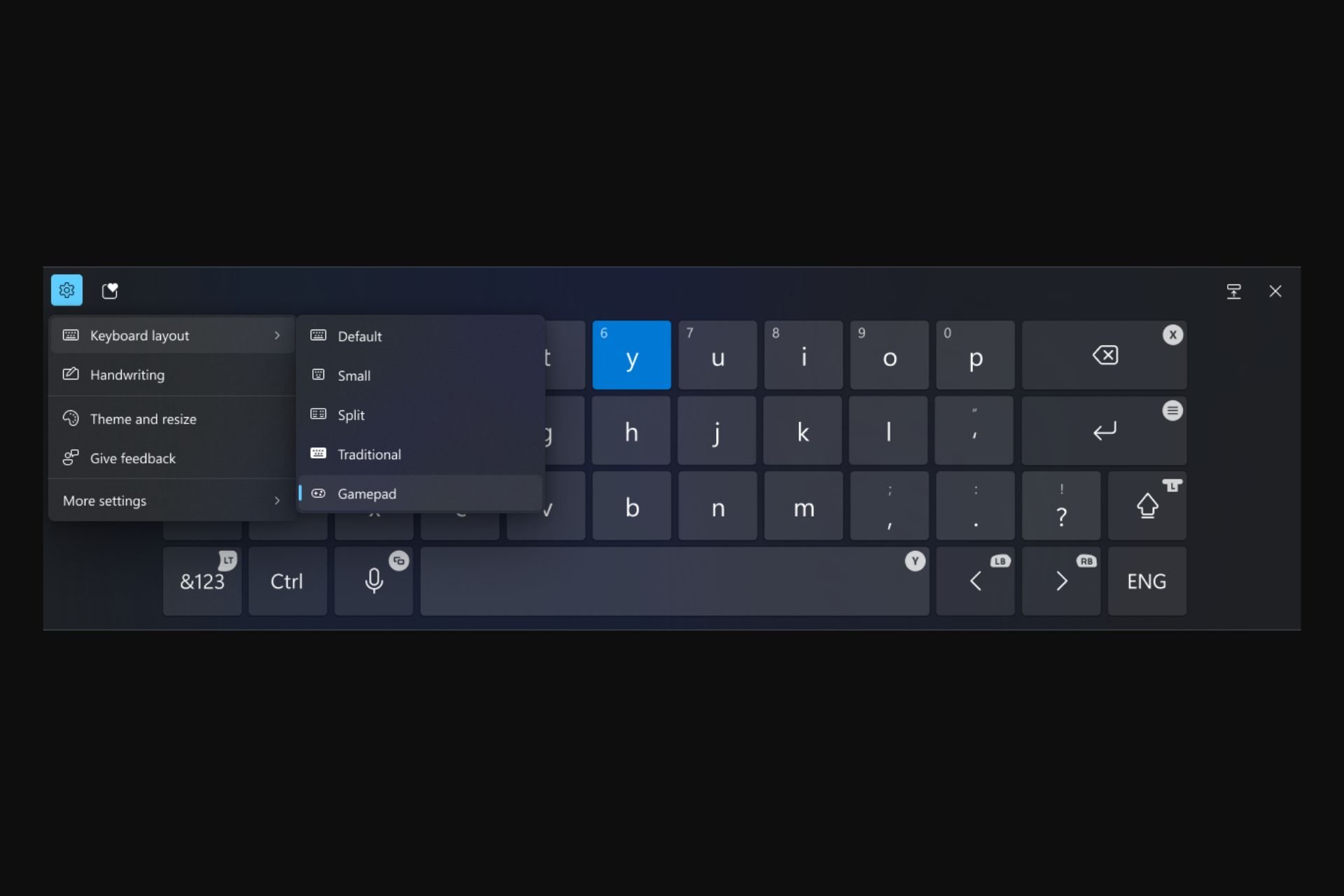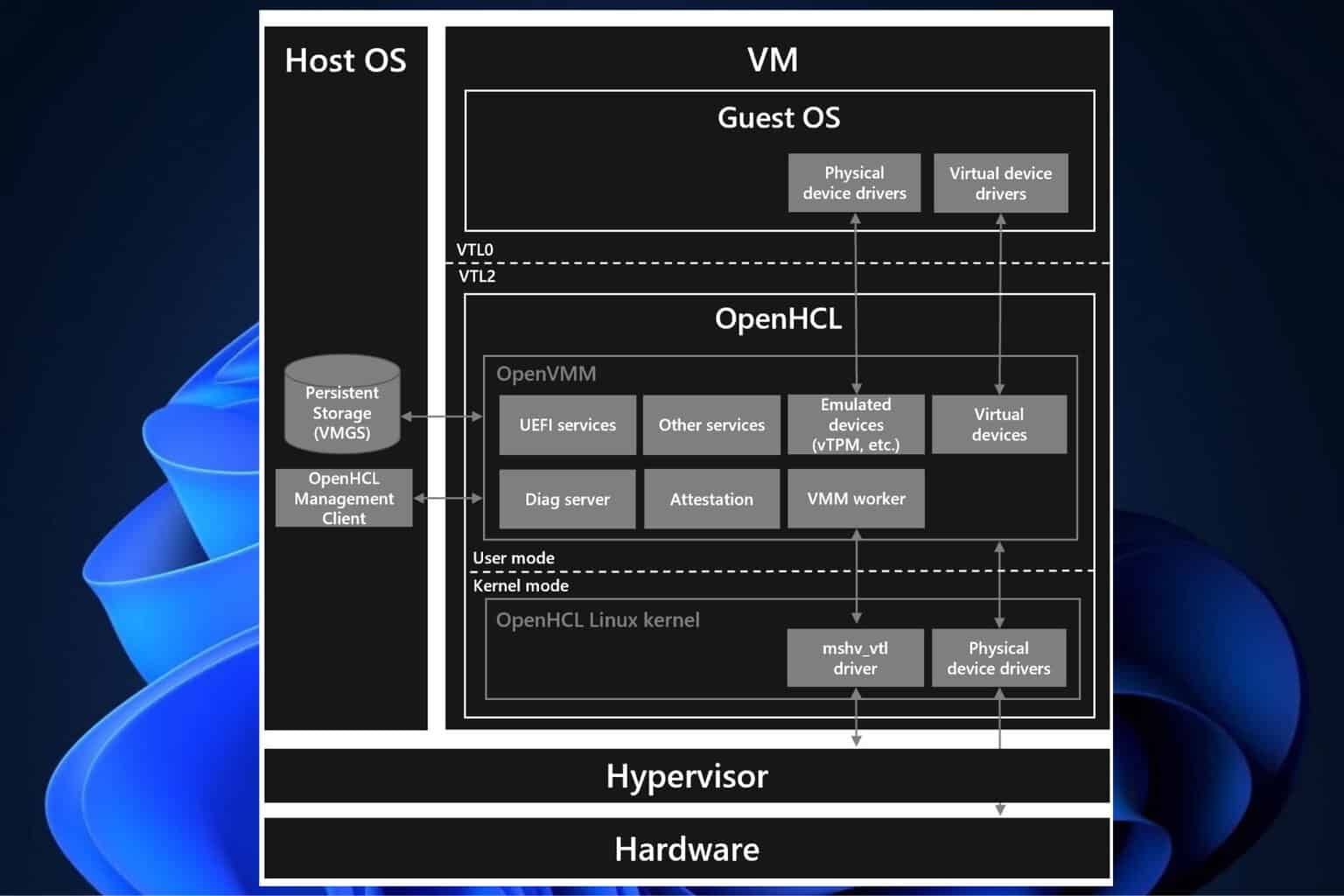Microsoft open-sources Retina, allowing devs to innovate the platform to fit their needs
The company wants devs to innovate Retina to fit dozens of different situations.
2 min. read
Published on
Read our disclosure page to find out how can you help Windows Report sustain the editorial team Read more

Retina, a platform that allows devs to visualize, observe, debug, and analyze Kubernetes’ workload traffic, offering them a way to monitor applications, as well as the network’s overall health and security, is now being open-sourced by Microsoft, according to the latest announcements.
With it, the Redmond-based tech giant will allow devs to innovate the platform in a way that would suit their needs and their workflows.
We are excited to release Retina as an open-source repository that helps with DevOps and SecOps related networking cases for your Kubernetes clusters and we invite the open-source community to innovate along with us.
Microsoft
Microsoft also hopes veteran software developers will actively seek to add their contributions to the platform, and the company will even provide them with tools such as troubleshooting to scan their applications on Retina without worrying about the underlying network infrastructure and transformations.
For this, the Redmond-based tech giant will extend the capability of the Berkley Packet Filter (eBPF) to offer additional actionable network insights, including the ways containerized micro-services interact, and the methods to do so in non-intrusive ways.
Microsoft believes that turning Retina into an open-source platform will only expand its capabilities further:
We believe that by opening Retina to the community, we can benefit from informed feedback, innovative ideas, and collaborative efforts that will help enhance and expand Retina’s capabilities.
Microsoft
The company also says that the future of the platform will be focused on extensibility, and devs will be able to use Retina to perform complex processes of data collection, by allowing users to add new metrics and insights.
The extensibility will also make sure Retina will stay flexible and it will be able to adapt to any situation, organization, or workflow, even if they all use different sets of metrics.
You can read the full blog post here.









User forum
0 messages